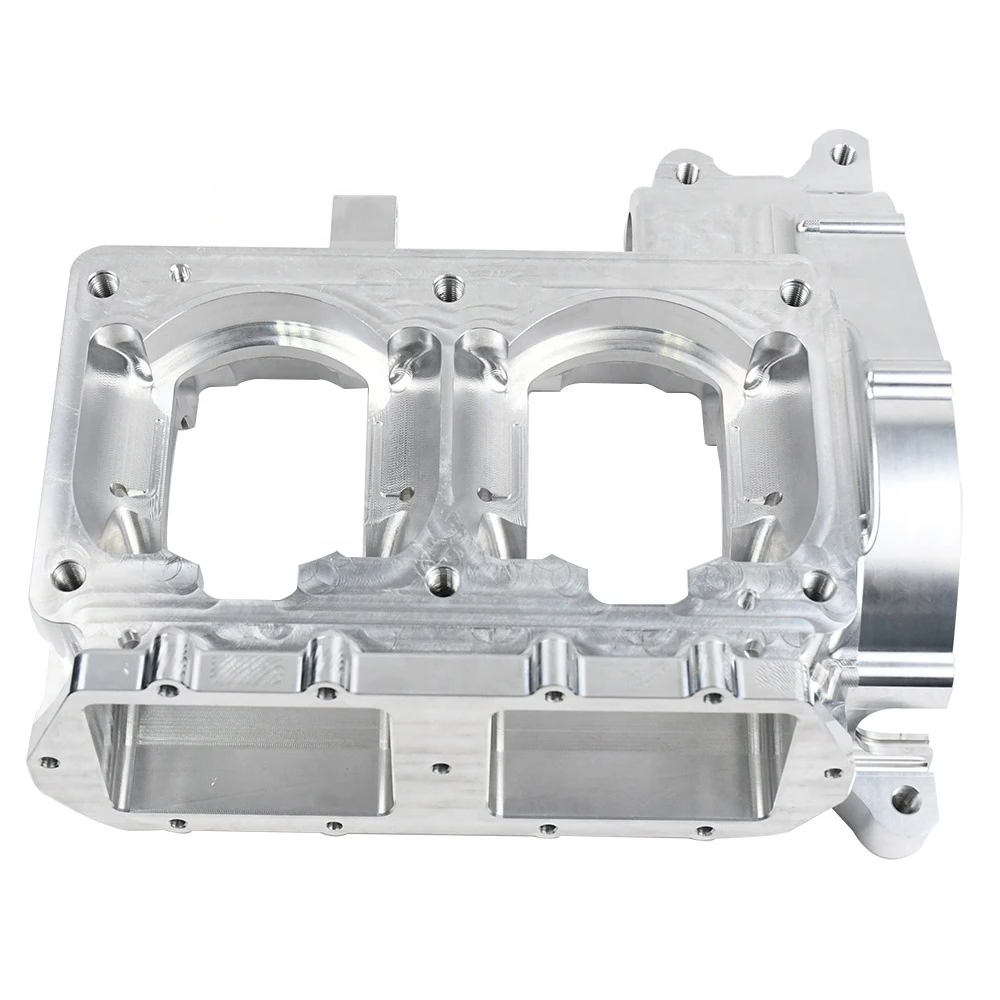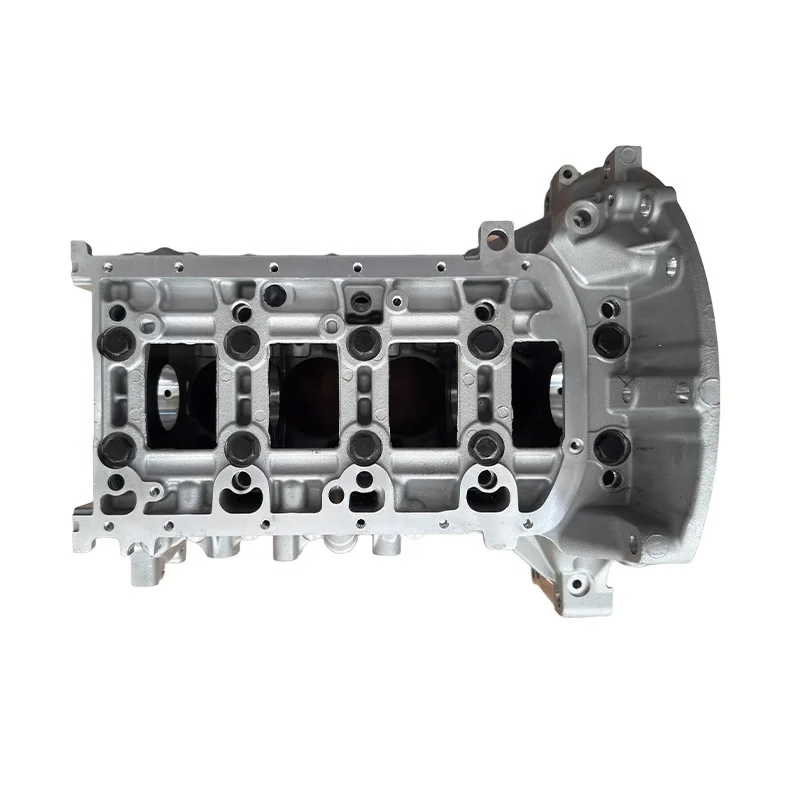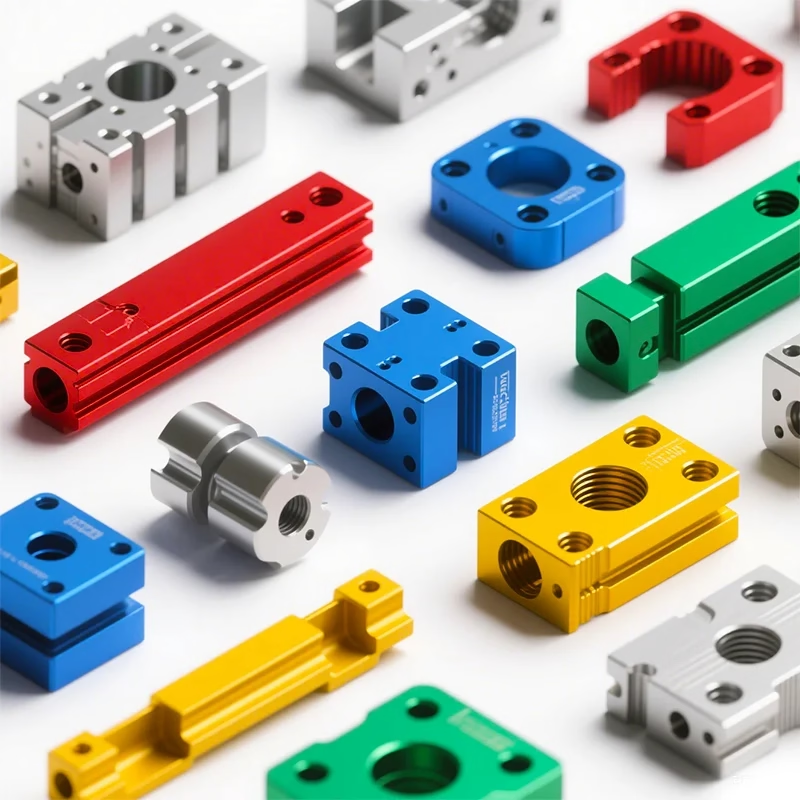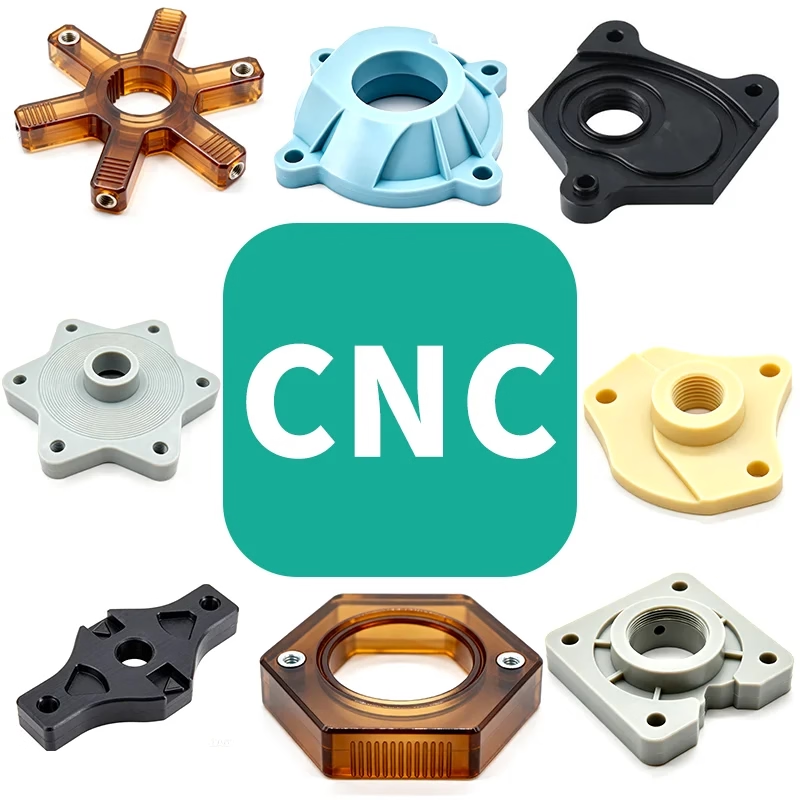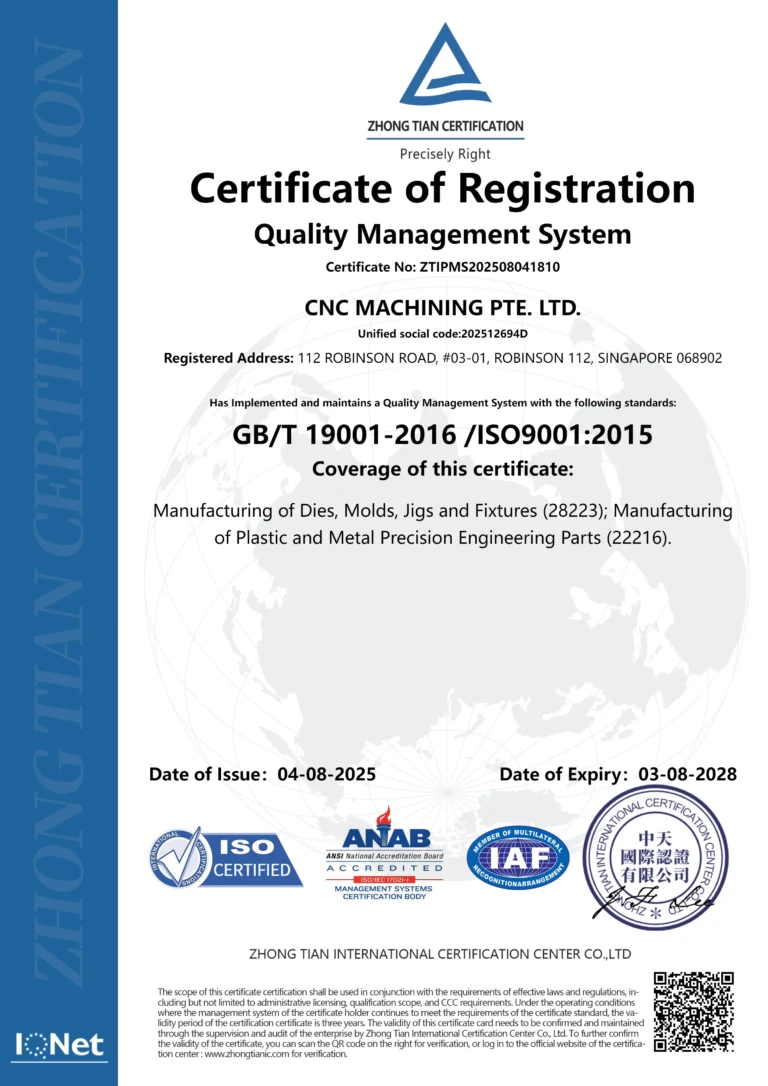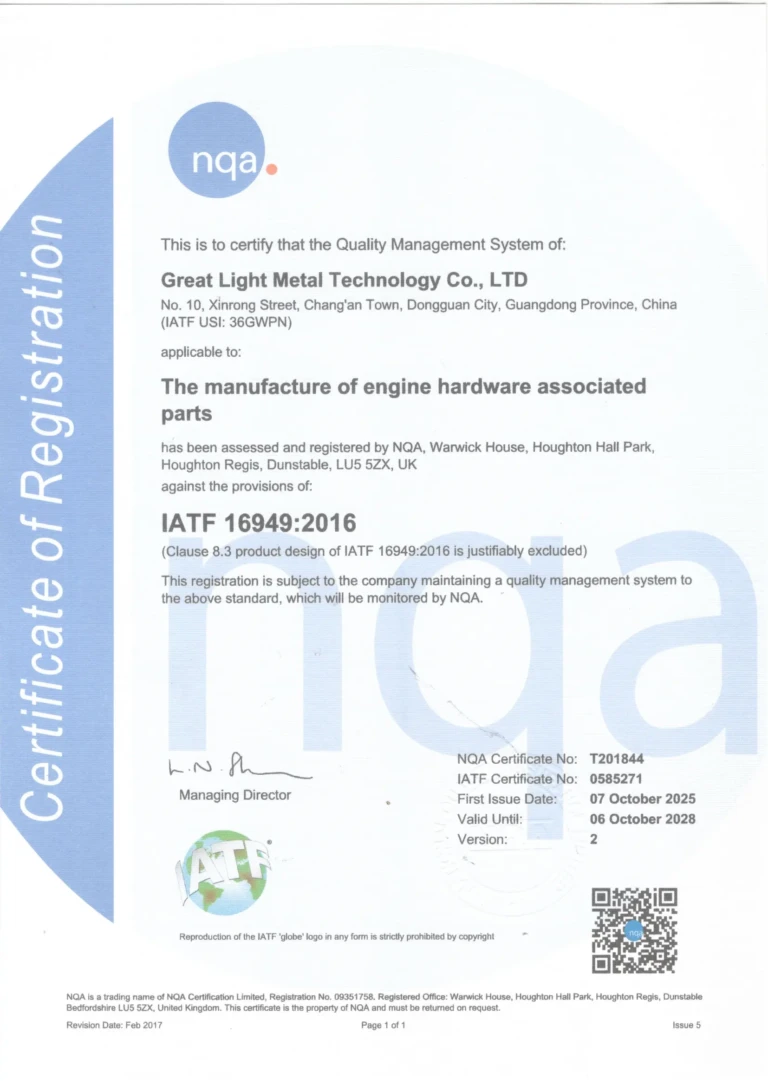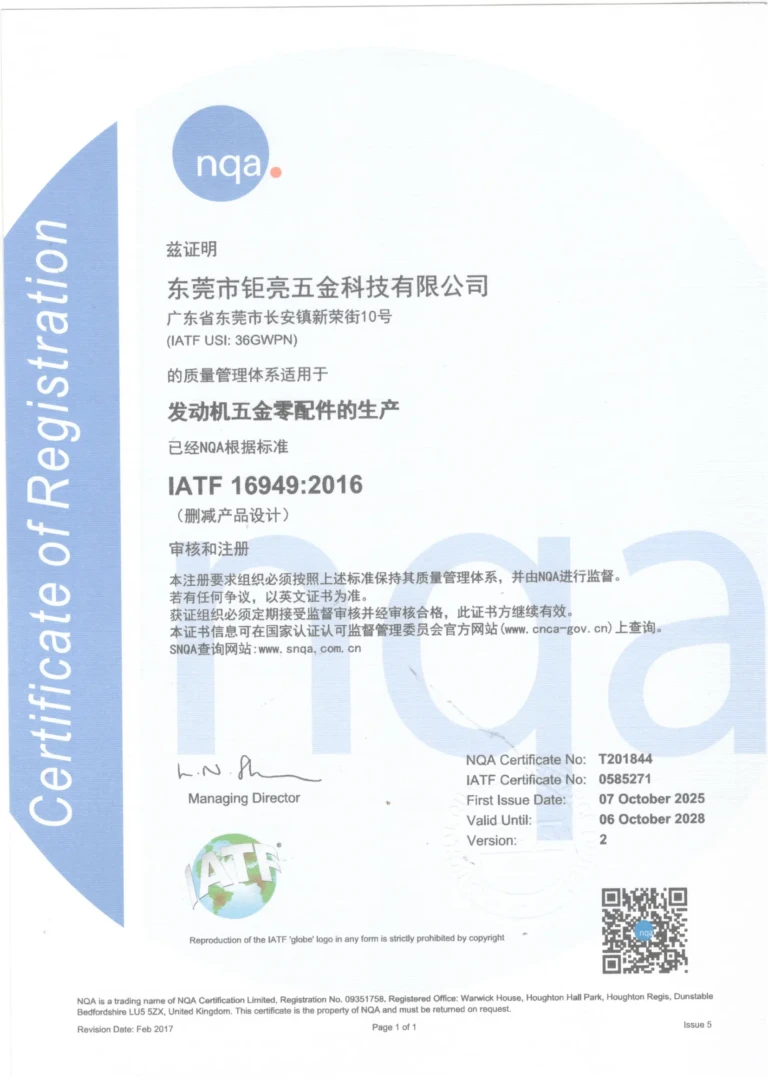When it comes to purchasing CNC machining parts, there are several factors to consider to ensure you provide the right components for your project. With the advancement of technology and the rise of professional manufacturers specializing in five-axis CNC machining, the process of obtaining precision parts has become more accessible and efficient. However, browsing the purchase process requires a deep understanding of what CNC machining requires, the materials available, the importance of precision, and the services that a comprehensive manufacturer can provide.
First, it is crucial to understand the functions of five-axis CNC machining manufacturers. This technology allows the creation of complex shapes and designs with high precision, making it ideal for industries that require complex parts, such as aerospace, automotive and medical equipment. With its advanced equipment and production technology, great light reflects manufacturers that can meet these demanding standards, providing solutions for metal parts manufacturing and other products.
One of the main considerations when purchasing CNC machining parts is the choice of materials. Most manufacturers can use a variety of materials, including metal, plastic and wood. However, the specific requirements of the project will determine the best use of materials. For example, if you are producing parts for durability and corrosion resistance applications, some metals may be more suitable than others. Given their expertise in using a variety of materials, professional manufacturers like excellent light can guide you through this selection process.
Accuracy is another key factor. The accuracy and tolerance of the part can vary in performance and life. Five-axis CNC machining provides unparalleled precision, allowing easy machining of complex details and complex geometric shapes. This accuracy is especially important in applications where minimal deviations can lead to failure or inefficiency.
In addition to the processing process itself, post-processing and completion services should also be considered. Not all parts can be used immediately after processing; some may require additional treatment, such as coating, polishing or engraving. One-stop manufacturers that provide these services can simplify your production process, ensuring that your parts are not only accurate, but are well prepared for their intended use.
Given the complexity and specificity of CNC machining, working with manufacturers that can provide custom solutions is crucial. Whether you are looking for a small batch of featured parts or a large number of standard components, the ability to tailor the production process to your needs is invaluable. In this regard, with its commitment to custom precise machining, it stands out and provides the flexibility and expertise needed to meet a wide range of customer needs.
When choosing a CNC machining parts supplier, it is also important to consider factors such as advance time, cost and customer service. Professional manufacturers will be able to provide clear communication about production plans, ensure competitive pricing without compromising quality, and provide support from design consultation to after-sales service throughout the process.
In short, purchasing CNC machining parts involves a meticulous assessment of project requirements, the functionality of the manufacturer, and the services required for the machining itself. As manufacturers are like the forefront of five-axis CNC machining technology and are committed to providing comprehensive custom solutions, the potential for high-quality, precise parts is greater than ever. By understanding the complexity of CNC machining and what to look for in manufacturers, you can ensure that your project gets the components you need for success.
FAQ:
What is five-axis CNC machining and how is it different from traditional CNC machining?
- Five-axis CNC machining refers to the process involving the use of a machine with five motion axes (three linear and two rotation axes) so that it can be processed to machining complex shapes and designs with high precision. This is in stark contrast to traditional CNC machining, which usually uses fewer axes and may not achieve the same level of complexity.
What materials can be used for CNC processing?
- A variety of materials can be used, including metals (such as aluminum, steel and titanium), plastics and even wood. The choice of material depends on the durability, resistance, weight and cost requirements of the project.
How important is accuracy in CNC machining and what is its impact on the final product?
- Accuracy is crucial in CNC machining because it directly affects the performance and life of the final product. High precision ensures that the parts fit together correctly, operate as expected, and can withstand the pressure and strains of their application.
What are post-processing and sorting services and why what is needed?
- Post-treatment and finishing services refer to the processing of parts that are applied to processed after cutting, such as coating, polishing or engraving. These services are necessary to enhance the characteristics of the part, improve the appearance or prepare for its intended use.
- How to choose the right CNC machining parts supplier for the project?
- When choosing a supplier, consider factors such as its manufacturing capability, material selection, precision level, post-processing service, lead time, pricing and customer service. It is also crucial to review their portfolio and seek references to make sure they can meet the specific needs of your project.



